Filmed in IMAX, a team of explorers led by Pasquale Scaturro and Gordon Brown face seemingly insurmountable challenges as they make their way along all 3,260 miles of the world's longest and deadliest river to become the first in history to complete a full descent of the Blue Nile from source to sea.
Related Movies

Cleaners of Death (2018)
This is a story about people whose invisible job is to clean up the world that is hidden from our society.
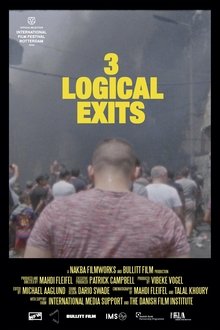
3 Logical Exits (2020)
A sociological meditation on the different "exits" that young Palestinians choose, in order to cope with life in the refugee camps.
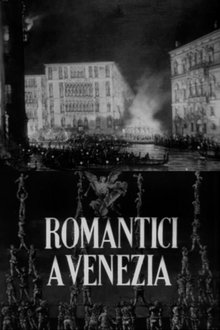
Romantici a Venezia (1948)
This is a documentary film on the romantic and decadent atmosphere of Venice at the end of the 18th century. A vigorous comment by Jean Cocteau tells us of the sick souls and the sorrows of literary characters and musicians who lived the dream of this city. It is the Venice of Lord Byron, Alfred de Musset, George Sand, d'Annunzio; a Venice made of precious images, palaces reflected in the water, mysterious moonlights, little squares where unhappy lovers wander under the music of Richard Wagner.

Maeterlinck in the dark (2023)
The story of a boy who suddenly lost his sight as a result of cancer. He has a hard time getting along with new people and spends all his time with horses. One day, the chairman of the local society of the blind calls him and offers him the main role in a play based on Maeterlinck’s play “The Blind,” where all the roles are played by blind people, and the play takes place in the forest.
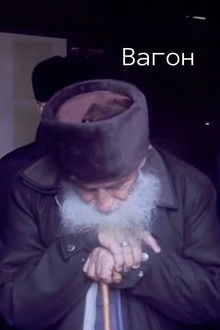
Carriage (2016)
In the capital of Ingushetia, at the memorial, there is a carriage. This is a carriage from the 40s, a carriage of memory. One of those in which the Ingush were transported back in 1944 to Kazakhstan and Central Asia. February 23 is the day when the whole country celebrates Defender of the Fatherland Day; mourning takes place in Ingushetia. And on this day, the old people gathered in this carriage to remember and tell each other how it was.

Skyward (1985)
IMAX documentary about the Suncoast Seabird Sanctuary, FL, USA Made for exhibition at the Expo '85, Tsukuba, Japan.

True Minimalist Travel (2019)
Global travel with nothing but a bum bag. Sharing the realities of 'true minimalist travel' and a choice to live simply. A travel adventure with a difference, there’s no luggage! Experienced traveller and amateur filmmaker Benjamin Luke Mitchell (Lost Yet Free), explores the possibilities of freedom if one opens up their mind and leaves the backpack behind. No packing or carrying necessary, the philosophy here is to live simply, without restraints. Our curiosities spur the way, and an ultralight approach allow us to access places and global gifts beyond the reach of a big, heavy sack. This is a personal quest, an introspective story about a man learning how to confront that continual feeling of bewilderment.

Visions of Europe (2004)
Twenty-five films from twenty-five European countries by twenty-five European directors.
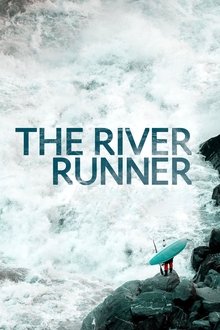
The River Runner (2021)
Legendary kayaker Scott Lindgren attempts to complete an extreme, unprecedented whitewater expedition 20-years-in-the-making. When a brain tumor derails his goals, he sinks into the darkness of his own trauma only to discover that healing, like any expedition, is not a destination but a journey.

The Udi people (1993)
The film is dedicated to the ethnogenesis of a small people, preserving their traditions and language, the Udi people

Viva Stalin (1994)
A village meeting in communist Russia to pay homage to Stalin leads to a gossip marathon, which develops into an endurance test for the participants.
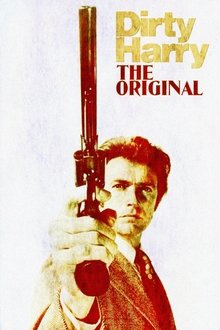
Dirty Harry: The Original (2001)
A retrospective look at the five Dirty Harry films (1971-88), starring Clint Eastwood.
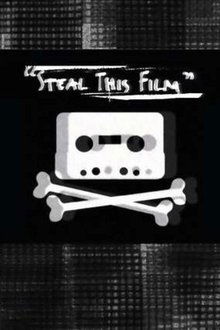
Steal This Film (2006)
Steal This Film focuses on Pirate Bay founders Gottfrid Svartholm, Fredrik Neij and Peter Sunde, prominent members of the Swedish filesharing community. The makers claimed that 'Old Media' documentary crews couldn't understand the internet culture that filesharers took part in, and that they saw peer-to-peer organization as a threat to their livelihoods. Because of that, they were determined to accurately represent the filesharing community from within. Notably, Steal This Film was released and distributed, free of charge, through the same filesharing networks that the film documents.
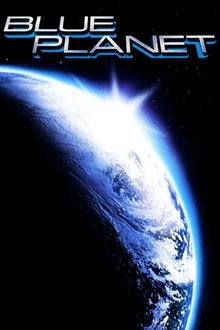
Blue Planet (1990)
From the unique vantage point of 200 miles above Earth's surface, we see how natural forces - volcanoes, earthquakes and hurricanes - affect our world, and how a powerful new force - humankind - has begun to alter the face of the planet. From Amazon rain forests to Serengeti grasslands, Blue Planet inspires a new appreciation of life on Earth, our only home.
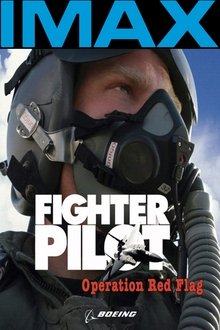
Fighter Pilot: Operation Red Flag (2004)
Fighter Pilot: Operation Red Flag follows American F-15 Eagle pilot John Stratton as he trains with some of the world’s best pilots. The movie depicts Stratton’s progression through the challenging and dangerous exercises of Operation Red Flag, the international training program for air forces of allied countries.


